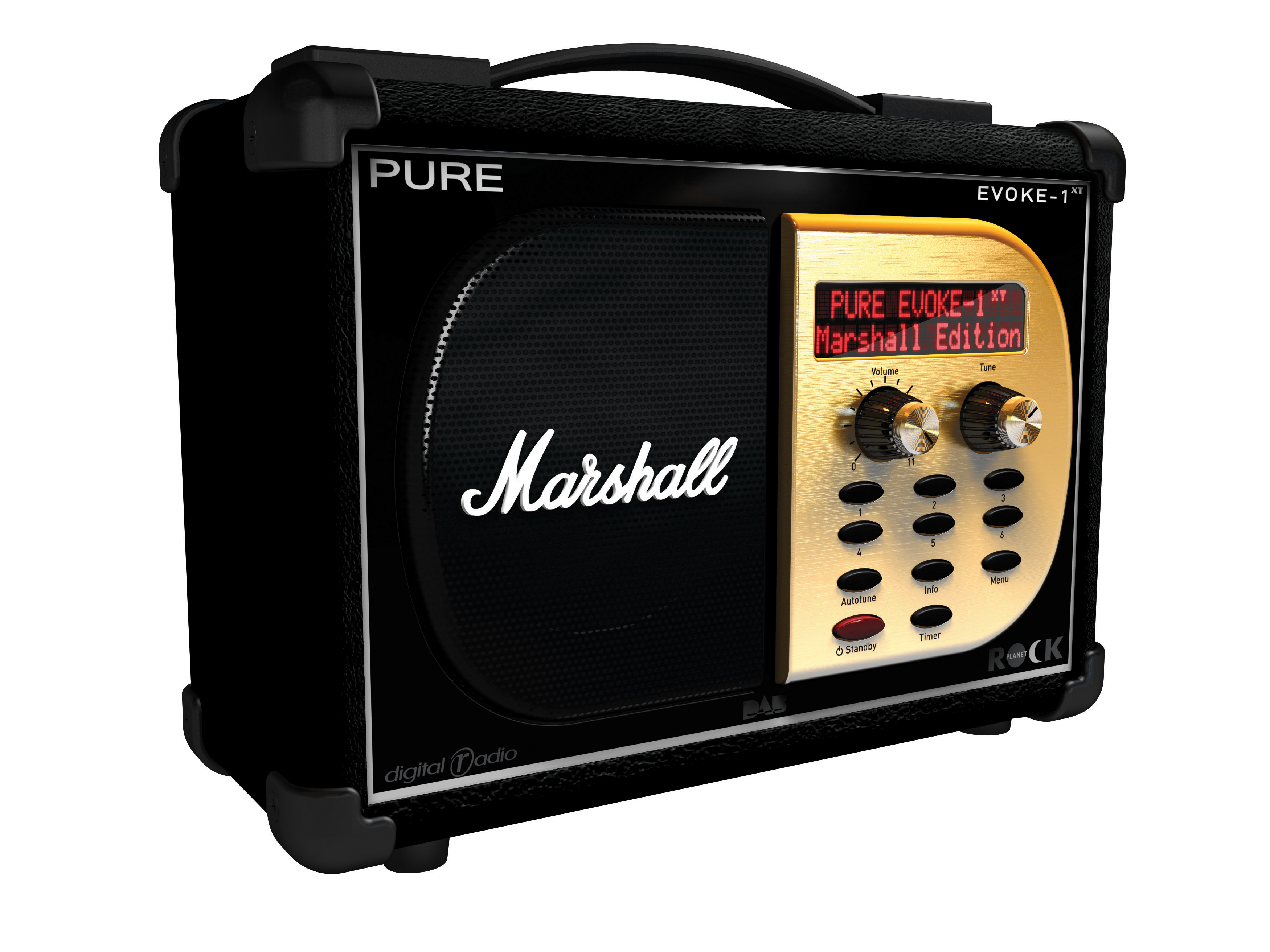No new digital radio standard for the UK

By adopting the first standard of digital radio DAB (digital audio broadcasting), the UK may be losing out on the next generation of digital radio. DAB 2.0, as it's dubbed, has the potential to offer more stations at a higher quality.
Pure Digital, manufacturers of digital radios believes DAB 2.0 (also known as DAB v2 and DAB ) should be supported in the UK, but it's up to Ofcom to implement it.
"As we move forward we'll be developing radios that support both kinds of digital radio," says David Harold, head of PR at Pure. "We'll also develop sets that accept codec updates."
Pure's chip manufacturer, Frontier Silicon, has already stated it will put the new standard into its chip technology, but the company would not confirm if it would release the radios in the UK
Ofcom, the broadcasting regulators for the UK will not replace DAB with DAB 2.0 as it believes bringing it in now will upset the take-up of current digital radio.
The regulatory body did comment to Tech.co.uk, however, that it would like to see the introduction of dual standard digital radios to the UK - supporting both DAB and DAB 2.0.
Harold disagrees, however. "When you start getting involved in the decision making, in what standard to use, you get a responsibility for it above and beyond your product. It can distract you from role - and that's not good."
Sign up for breaking news, reviews, opinion, top tech deals, and more.
Pure also believes DAB is still in its infancy and is being adopted at too fast a rate to be replaced.
DAB 2.0 uses a newer form of compression: AAC , a type of MPEG4. It's more efficient, and could allow stations to broadcast in better quality sound than DAB. But it could also mean more radio stations or additional services, like internet links, text, images and video.
DAB uses MPEG2 as its compression format. In recent years, the sound quality of DAB radio has lessened, leading many critics to question the standard's claims that it would provide 'CD-quality radio'.
For the time being it seems Britain will be sticking with the MPEG 2-based DAB radio.